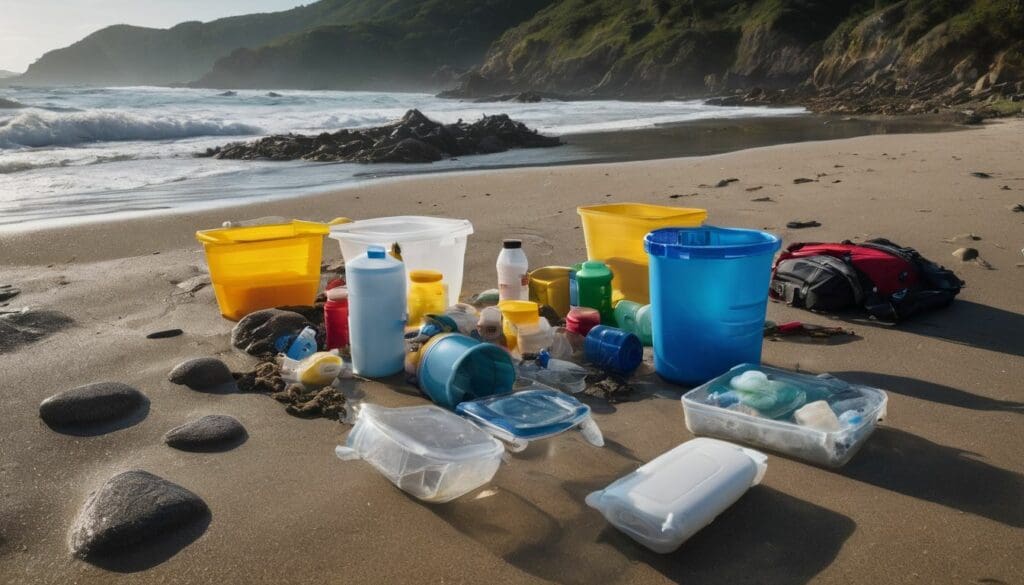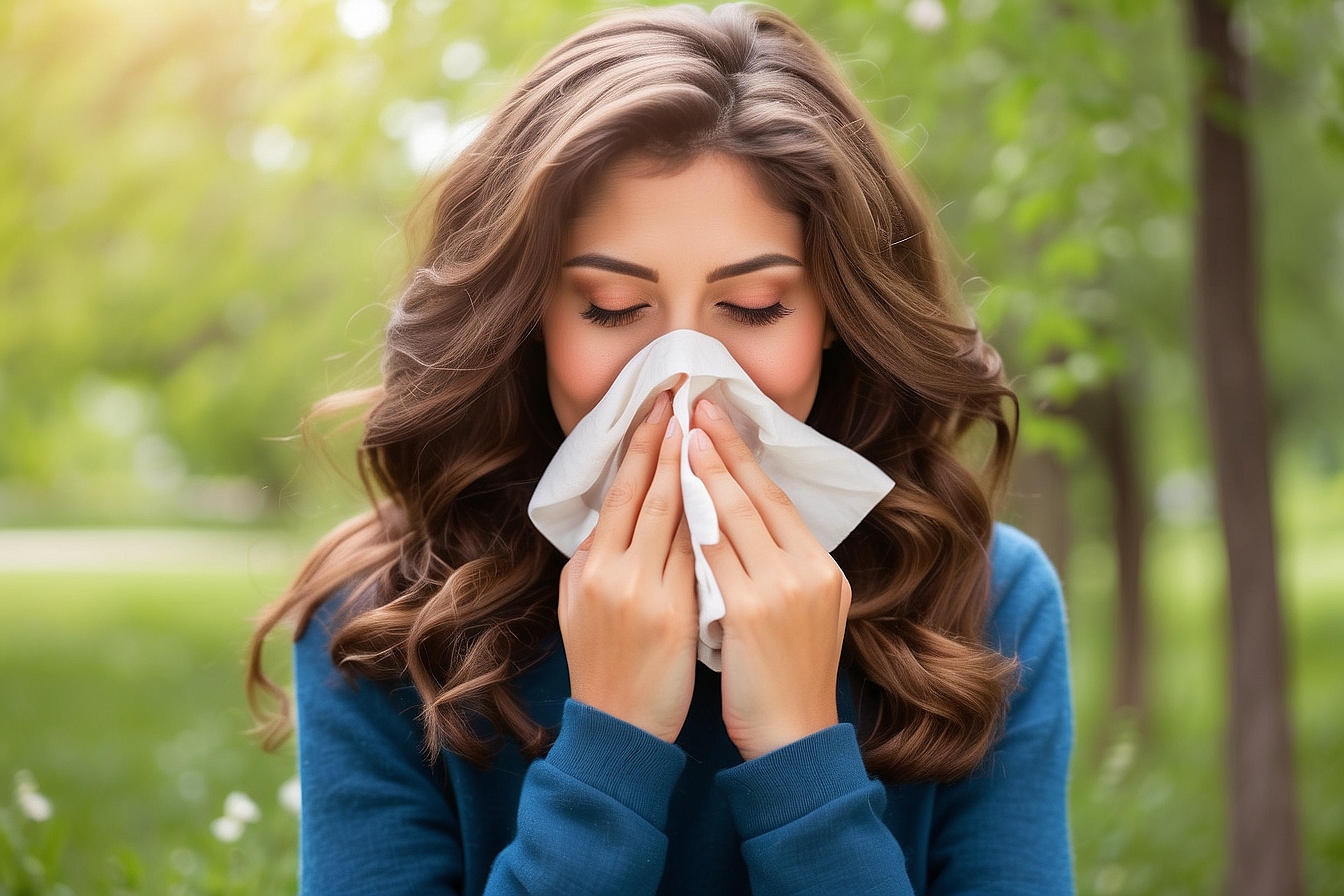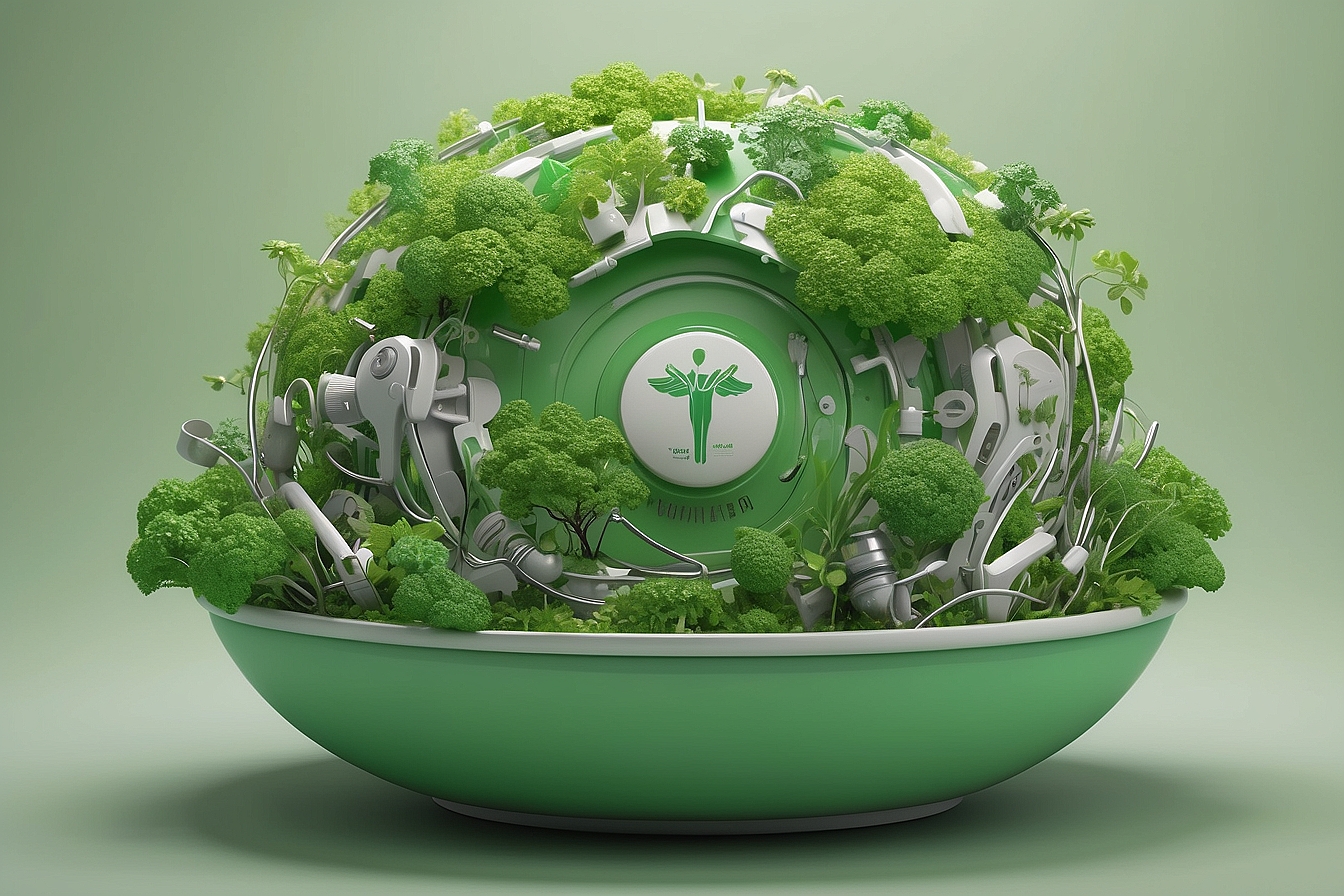Plastic seems to be an inseparable part of our daily lives, doesn’t it? From the bottle from which we sip water to the packaging that nestles our favourite nibbles – escaping its presence feels quite like a challenge.
Like you, we’ve felt a growing unease about its omnipresence and what it means for our well-being. So, we rolled up our sleeves and sifted through mounds of research only to uncover some rather disconcerting truths about how plastic might be affecting our bodies and the world around us.
Keep reading for some truly eye-opening revelations as we explore why cutting down on plastic could very well be one of the soundest choices we make for ourselves – let’s take the plunge together!
Key Takeaways
- Plastic contains toxic additives like BPA and phthalates, which can leach into our bodies and lead to health issues such as cancer, birth defects, and immune system problems.
- Microplastics smaller than 5mm are a serious concern; they find their way into our bodies via food or air, potentially leading to reproductive issues and disruptions in the respiratory and immune systems.
- The Indian government is revising plastic regulations by banning single-use plastics in several states and introducing extended producer responsibility (EPR) to reduce environmental harm.
- Plastic pollution greatly harms marine ecosystems by killing or injuring sea creatures who become entangled or ingest plastic waste that fills their stomachs but offers no nutrition.
- Efforts to minimise the use of single – use plastics are vital for cutting down on both environmental contamination with microplastics and associated human health risks.
The Impact of Plastic Usage on Human Health
Plastic usage has been linked to exposure to toxic chemical additives, which can lead to serious health issues such as cancer, birth defects, and respiratory diseases. It is important for us to understand the risks associated with plastic usage and take steps to minimise our exposure.
Exposure to toxic chemical additives
Every day, we come into contact with a myriad of products made from plastic that contain harmful chemical additives. These substances can leach out and find their way into our bodies, potentially causing serious health issues over time.
We’re talking about endocrine disruptors like bisphenol A (BPA) and phthalates, which have been linked to everything from fertility problems to altered development in children.
Our exposure to these toxic chemicals is not just an individual problem; it’s a widespread public health concern. Even seemingly safe items such as food containers and water bottles might release dangerous toxins when they are heated or scratched.
This behavior puts us at risk for conditions including various cancers, reproductive health complications, and immune system disruptions that should not be taken lightly. To protect our well-being, it’s critical for us to understand the adverse effects of these additives in the plastics we use daily.
Links to cancers, birth defects, and respiratory diseases
Plastic usage has been linked to serious health concerns, including an increased risk of cancers, birth defects and respiratory diseases. The chemicals found in plastic products, such as phthalates and bisphenol A (BPA), have been associated with disrupting hormone function and potentially leading to the development of certain types of cancer.
Furthermore, exposure to these harmful substances may also contribute to an elevated risk of birth defects and respiratory illnesses. It’s essential for us to be aware of these health risks associated with plastic consumption and take proactive steps towards reducing our reliance on single-use plastics.
Understanding the detrimental impact that plastic can have on our health is crucial in making informed choices for a sustainable future. By acknowledging the potential harm caused by exposure to toxic chemicals present in plastic, we can strive towards promoting healthier alternatives while advocating for more stringent regulations within the industry.
Regulations on Plastic Industry
The need for stricter regulations in the plastic industry is essential to protect human health and the environment. Current regulations in India are being evaluated to address the growing concerns surrounding plastic usage.
The need for stricter regulations
To protect our health and environment, we must demand stricter regulations on plastic production and usage. These regulations should focus on reducing the use of toxic chemical additives in plastics, as well as implementing proper disposal and recycling processes to minimise human exposure to harmful substances.
It is essential for regulatory authorities to enforce stringent guidelines that limit the presence of cancer-causing compounds and endocrine-disrupting chemicals in plastic products.
By advocating for these measures, we can mitigate the risks associated with plastic usage and safeguard both our well-being and the planet’s ecological balance.
The current regulations in India are a step in the right direction, but there is still much more to be done. We need comprehensive laws that address every aspect of plastic manufacturing, from raw material sourcing to final product distribution.
Current regulations in India
The current regulations in India regarding plastic usage are undergoing significant changes. The government has implemented a ban on single-use plastics in several states to curb the environmental and health impact of excessive plastic consumption.
Furthermore, the introduction of extended producer responsibility (EPR) aims to hold manufacturers accountable for the entire lifecycle of their products, including proper disposal and recycling.
These steps highlight a proactive approach towards minimising the negative effects of plastic pollution on human health and the environment.
In addition, there is an emphasis on promoting sustainable alternatives such as biodegradable packaging and eco-friendly materials. This push towards stricter regulations signifies a shift towards prioritising public health and environmental well-being over convenience.
Effects of Plastic on the Environment
Plastic waste is destroying marine life and polluting the air and water. It has become a major threat to our environment, leading to irreversible damage.
Destruction of marine life
Plastic waste poses a severe threat to marine life. Entanglement in plastic debris, like fishing nets and six-pack rings, can lead to injury or death for many marine animals. Ingestion of plastic by sea creatures can cause internal injuries, digestive problems, and even starvation as it fills their stomachs without providing any nutritional value.
Additionally, toxic chemicals from plastics can leach into the water and harm marine organisms at various levels of the food chain.
Marine ecosystems are also disrupted when plastic pollution alters habitats or releases harmful substances. Coral reefs suffer from suffocation due to plastic covering them while seabirds mistake floating plastic pieces for food.
Polluting air and water
Plastic waste pollutes our air and water, releasing harmful toxins that pose serious health risks to both humans and wildlife. When plastic is incinerated or left to degrade in landfills, it releases toxic chemicals like dioxins and furans into the atmosphere, contributing to air pollution.
These pollutants can then be inhaled, increasing the risk of respiratory diseases such as asthma and lung cancer. Additionally, when plastic waste enters water bodies, it breaks down into smaller particles that absorb other toxic substances before being consumed by aquatic life.
This contamination then enters the human food chain through seafood consumption, leading to potential health issues for those who consume contaminated marine life.
The impact of plastic on the environment has direct consequences for human health. Microplastics in water bodies also have a severe impact on marine ecosystems by contaminating drinking water sources while threatening aquatic life.
Health Risks of Microplastics
Microplastics, tiny plastic particles less than 5mm in size, can pose serious health risks as they are linked to reproductive and developmental problems and potential respiratory and immune system disruptions.
These microplastics enter the human body through ingestion or inhalation and can have detrimental effects on our overall health.
Links to reproductive and developmental problems
Exposure to microplastics poses risks to reproductive and developmental health. Research suggests potential disruptions in the endocrine system, which regulates hormones crucial for reproduction and development.
These tiny plastic particles may also affect immune function, posing threats to human growth and overall health.
Moreover, studies have indicated that exposure to microplastics could lead to adverse effects on reproductive organs and processes. This underscores the importance of minimising plastic usage to protect our reproductive and developmental well-being from these harmful substances.
Potential respiratory and immune system disruptions
Plastic and microplastic exposure can potentially disrupt the respiratory and immune systems. These tiny particles can be inhaled, leading to inflammation in the lungs, triggering respiratory issues like asthma and even increasing the risk of lung cancer.
Additionally, microplastics may impact the immune system by causing chronic inflammation and affecting immune responses, making individuals more susceptible to infections.
Furthermore, exposure to plastic-related chemicals can also compromise respiratory and immune functions. These substances have been linked to allergic reactions, autoimmune disorders, and other immunological complications.
Understanding these potential health impacts serves as a strong reminder of the urgent need for stricter regulations on plastic usage to safeguard both human health and environmental well-being.
Conclusion
In conclusion, the health risks of plastic usage are substantial. Our regulatory bodies must enact stricter regulations to protect human health and the environment from the harmful effects of plastics.
As responsible individuals, it’s crucial that we minimise our use of plastics and support initiatives for a healthier, sustainable future. Taking action now will help mitigate the adverse impacts on both our health and the planet.
FAQs
1. What are the health risks of using plastic?
Plastic usage can lead to health issues, including cancer risk, endocrine disruption, lung diseases, and other harmful consequences on human health.
2. Can plastics negatively impact my health?
Yes, there are significant adverse effects of plastic usage on your health; exposure may increase the dangers of developing certain illnesses due to their toxicity.
3. How does plastic affect our bodies?
The detrimental effects of plastic on human health include disrupting hormones and increasing the risks associated with severe diseases such as cancer.
4. Are there environmental impacts that also affect my health from plastics?
Certainly! The environmental impact of plastic not only harms nature but its negative implications extend to cause various risks to human health through exposure.
5. Should I be worried about everyday items made out of plastic?
It is wise to understand that daily use items containing plastic carry potential hazards; staying informed about these can protect you from unnecessary exposure and related risks.





